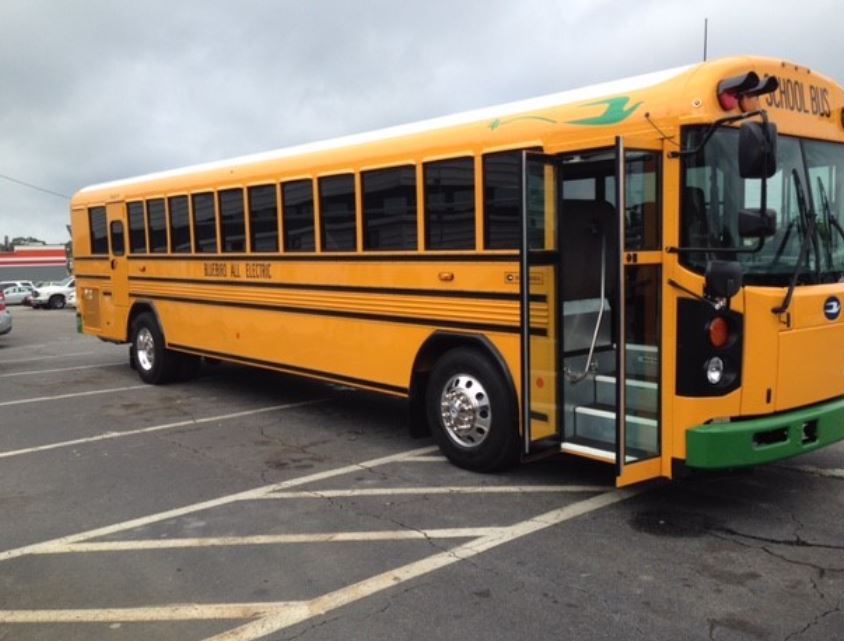
By Frank Andorka, Senior Correspondent
There just might be something to this electric vehicle (EV) revolution after all – at least New York and California seem to think so.
Greenbiz is reporting that between the two states, nearly $1 billion will be spent adding EV-charging stations to the nation’s infrastructure. In California, more than $750 million of public money is being invested in three of the state’s largest utilities, while in New York $250 million is being allocated to the New York Power Authority (NYPA).
As the invaluable Katie Fehrenbacher notes in her article, the decision to invest with utilities and power authorities reflects what could be the rapidly changing role of those entities as the grid modernizes and mobility becomes one of the primary drivers of that change.
As Fehrenbacher also notes:
Research firms like Bloomberg New Energy Finance are predicting that a third of the world’s vehicles will be electric by 2040. To meet this demand and adequately charge such dramatic growth in electric vehicles, more public charging infrastructure must be deployed.
Currently, there are between 50,000 to 70,000 chargers publicly available and at workplaces in the United States (not including home chargers). Including home chargers, there are close to 475,000 charging ports across the country.
As she notes, not everyone is happy. In what perhaps is the perfect summation of the other side of the EV debate, Fehrenbacher writes:
Not everyone agrees with the use of such sizable public funds for EV charging. The California Independent Oil Marketers Association called the CPUC’s move a “$500 million money grab.”
The entire article is worth your time. It’s a perfect encapsulation of where the country is – and perhaps should be – in terms of the EV revolution that is currently sweeping the world. The United States, thanks to visionary leaders in states like California and New York, has the chance to lead the revolution instead of follow it.
More:


